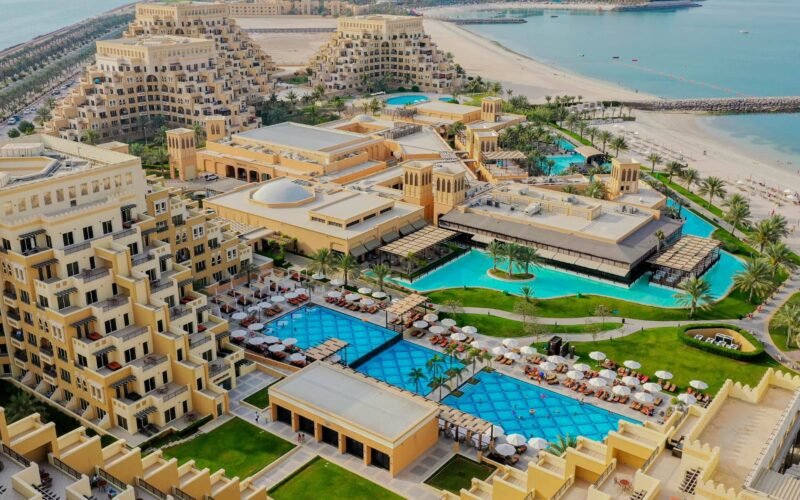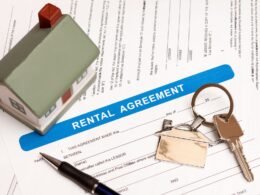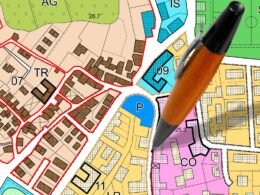|
Getting your Trinity Audio player ready...
|
Ras Al Khaimah, one of the United Arab Emirates’ rising economic stars, continues to forge a path toward sustainable growth. Under the leadership of H.H. Sheikh Saud bin Saqr Al Qasimi, the emirate is focusing on several core sectors—tourism, real estate, and manufacturing—while building strong international partnerships. These efforts come as part of a broader strategy to diversify its economy and reduce reliance on traditional industries like oil.
Economic diversification is at the heart of Ras Al Khaimah’s long-term goals. Traditionally reliant on the oil industry like much of the Gulf, the emirate has been expanding into new sectors, such as tourism, which has seen rapid growth in recent years. The emirate’s stunning natural landscapes, which include beautiful beaches and mountainous terrain, have attracted more visitors each year.
Attracting Global Investments
One of the key elements driving Ras Al Khaimah’s transformation is its ability to attract foreign investment. The emirate has seen a substantial influx of investments from countries like China, where strong economic ties have been established. Today, over 200 Chinese companies operate in Ras Al Khaimah, highlighting the success of these international partnerships.
Among the standout investments is the development of Al Marjan Island, which has garnered approximately AED 4.5 billion from Chinese investors. This island is a major project that combines luxury resorts, commercial spaces, and residential properties, all catering to a high-end market. These kinds of developments are seen as critical to Ras Al Khaimah’s long-term success.
A Growing Tourism Industry
Tourism is perhaps one of Ras Al Khaimah’s most promising sectors. The emirate’s natural beauty, from its coastline to its rugged mountains, has made it a unique destination within the UAE. Tourism initiatives have largely focused on luxury and adventure experiences, which have successfully drawn visitors from across the globe.
For example, Jebel Jais, the UAE’s tallest peak, offers outdoor enthusiasts the world’s longest zipline. The emirate has also developed luxury accommodations like the Waldorf Astoria and the Ritz-Carlton, providing upscale experiences for travelers. Such investments have not only bolstered the local economy but also generated thousands of jobs in hospitality, retail, and other related industries.
Moreover, sustainability is a key focus within the tourism industry. The government has made strides to ensure that economic growth does not come at the cost of the environment. Several initiatives are underway to preserve Ras Al Khaimah’s natural resources while also growing its tourism sector sustainably.
Infrastructure and Real Estate Development
In parallel with tourism, real estate in Ras Al Khaimah has been booming. The emirate is home to several large-scale real estate projects, including the high-profile Al Marjan Island development. This real estate boom mirrors the impressive rise of Dubai’s real estate market, which has also evolved rapidly in recent years. For more insights into Dubai’s real estate growth, see our blog post: Dubai’s Real Estate Ascent. The government has been proactive in creating an investor-friendly environment, offering tax breaks and access to free zones.
Infrastructure has also been a key priority. Major investments in public utilities and transportation have improved connectivity within the emirate, which is essential for long-term growth. The construction of the Ras Al Khaimah Ring Road, for instance, has made it easier for businesses and residents to move around the emirate and has enhanced its appeal as an investment destination.
Industrial Growth and Manufacturing Hub
Ras Al Khaimah’s industrial sector is another crucial element of its economic strategy. The emirate has positioned itself as a regional manufacturing hub, thanks to its competitive business environment and strategic location. Industries such as ceramics and cement production have been major contributors to the emirate’s economy.
One of the most significant recent developments is the creation of the “Zhong A Shandong Industrial Park,” which is expected to attract more than 60 Chinese companies. The AED 1.3 billion project is a partnership between Ras Al Khaimah Economic Zones Authority (RAKEZ) and China’s Shandong Timber & Wood Association. The industrial park will focus on sectors like food production and wood manufacturing, creating over 3,500 jobs in the process.
By fostering such initiatives, Ras Al Khaimah is becoming a key player in the UAE’s industrial landscape, complementing its successes in tourism and real estate.
Strong International Partnerships
Ras Al Khaimah’s success is in no small part due to its strong international partnerships. The relationship with China, in particular, has proven fruitful. In addition to attracting foreign investment, these partnerships have facilitated knowledge-sharing and innovation, helping RAK remain competitive on the global stage. The collaboration with Chinese businesses has had a ripple effect on the economy, driving growth across multiple sectors.
While China is a major partner, Ras Al Khaimah has also fostered relationships with other countries in Europe, North America, and the Middle East. The emirate’s ability to attract global investment is bolstered by its business-friendly policies, free zones, and strategic location.
Similar to Dubai’s dynamic real estate market, Ras Al Khaimah has become a hotspot for global investors. To explore the vibrant real estate opportunities in Dubai, check out Dubai’s Digital Real Estate Jungle: Houses Apartments & More.
Innovation and Sustainability are the Key to Long-Term Success
Innovation and sustainability are not just goals in Ras Al Khaimah—they are cornerstones of the emirate’s strategy for future growth. Leaders in the emirate have been proactive in implementing green initiatives, focusing on renewable energy projects and improving energy efficiency in buildings. Solar energy projects are already underway, with plans to further expand the use of renewable resources in both residential and commercial sectors.
In addition, smart city projects aim to make Ras Al Khaimah a leader in urban development. These initiatives include everything from modernized public services to high-tech infrastructure, ensuring that the emirate is well-positioned for future growth. By investing in smart technology and sustainable practices, Ras Al Khaimah is safeguarding its economic future while also making a positive impact on the environment.
Opportunities for Continued Growth
Ras Al Khaimah is on a clear trajectory for continued growth. The emirate’s leadership has laid out a roadmap for long-term success by focusing on economic diversification, international partnerships, and sustainability. With its booming tourism industry, expanding real estate market, and growing industrial base, the emirate is well-positioned to continue its upward trajectory.
The emirate’s proactive approach to international collaboration and its commitment to sustainability ensure that it will remain a key player in the UAE’s economic landscape. Investors and businesses alike will find numerous opportunities in Ras Al Khaimah’s diverse economy, making it an attractive destination for global capital.
References
Total UAE. Strategic partnerships fueling Ras Al Khaimah’s economic expansion.
Emirates News Agency (WAM). Ras Al Khaimah committed to achieving growth across vital sectors.
Big News Network. Ras Al Khaimah committed to growth in tourism, real estate, and manufacturing.








